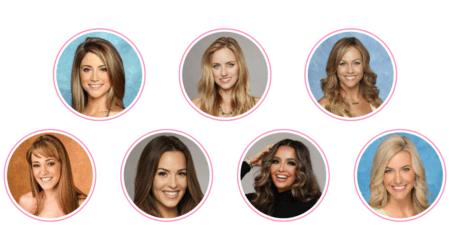Who are you?
My name is Tracy Palmer. I grew up on a farm in Minnesota, lived in Los Angeles where I met my wife and now we live in Portland with our three dogs and three chickens. I teach fitness and am passionate about personal growth and advocacy for the queer community, specifically related to fertility.
How did you and your wife meet and what did you imagine your family building to look like? When did you realize you may have an issue?
My wife and I met on Tinder in 2014 and married in 2016. We knew we wanted a family and we knew that I wanted to be the one to carry, Lindsey has no interest. I don’t really know what we imagined building our family looking like before we knew all that was involved in same sex family building, and the immense cost it bears from the very beginning. Luckily we had some queer friends who had done IUI and IVF successfully who were good resources.
I think this is where queer fertility research and literature is lacking. We did 5 rounds and 6 IUIs (one cycle we did 2 IUIs) at home with a midwife before we moved to a fertility clinic and medicated cycles. Though it has been a struggle for us to get pregnant, we have not been diagnosed as “infertile.” Everything is “normal” and I’m healthy. As a same sex couple, we just start from a tougher place with frozen sperm and less flexibility with timing. There is very little queer and same sex representation in fertility literature and research. You’ll mostly find success rates and other information for IUI & IVF for women in heterosexual relationships experiencing infertility. Research leads to knowledge and with knowledge comes advocacy and with advocacy can come changes and possible laws and legislation that can help queer folks with the cost and burden that creating a family can bear. The extreme financial burden that falls on queer families and the lack of a federal fertility insurance mandate with LGBTQ+ inclusive language is something we must fight to change in the United States and has become a passion that runs parallel to our own journey to Baby Palmer.
Why is it important that your story is represented in the story of infertility?
I think the fertility and infertility community can be a tough place for queer families to fit in. I know there have been times where I haven’t felt understood or accepted because I don’t have an infertility diagnosis. Once again, we may not necessarily be infertile, but we need methods to family building typically reserved for folks diagnosed with infertility. It is so important to share all kinds of stories because fertility and infertility is very diverse. I have queer folks reach out to me so often thanking me for sharing our journey because it has helped them with where to begin, how to make tough decisions, and even to let me know that they feel less alone hearing our story. I know I wish there were more queer family building stories out there.
You’re a fitness instructor, how do you respond when people tell you if you take better care of your body you’ll get/stay pregnant?
I’ve never had someone tell me to take better care of my body – I have had folks tell me to gain weight or that my working out will have to stop in order to get or stay pregnant. I think any unsolicited advice from anyone other than the doctor treating you can be very quickly shut down with, “My doctor has not advised me to do that.” There are a lot of opinions, predatory “get pregnant” gimmicks and products, and old wives tales that I find are easily shut down with a bit of research or the good old, “what are your success rates?”
What does infertility look like?
(In)fertility looks like a happy face and a private struggle. It looks like a really deep breath -bracing for impact, and not really ever getting the release of the exhale.

Listen to stories, share your own, and get feedback from the community.


















